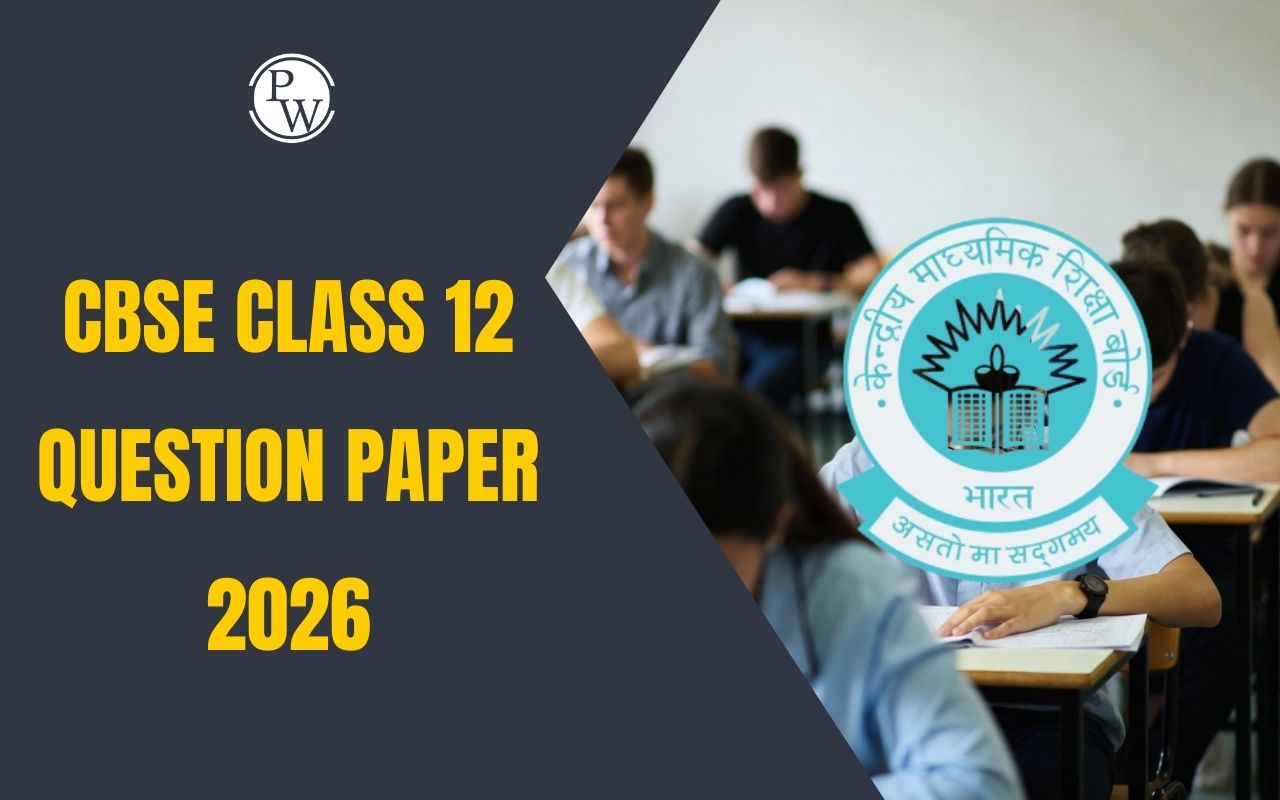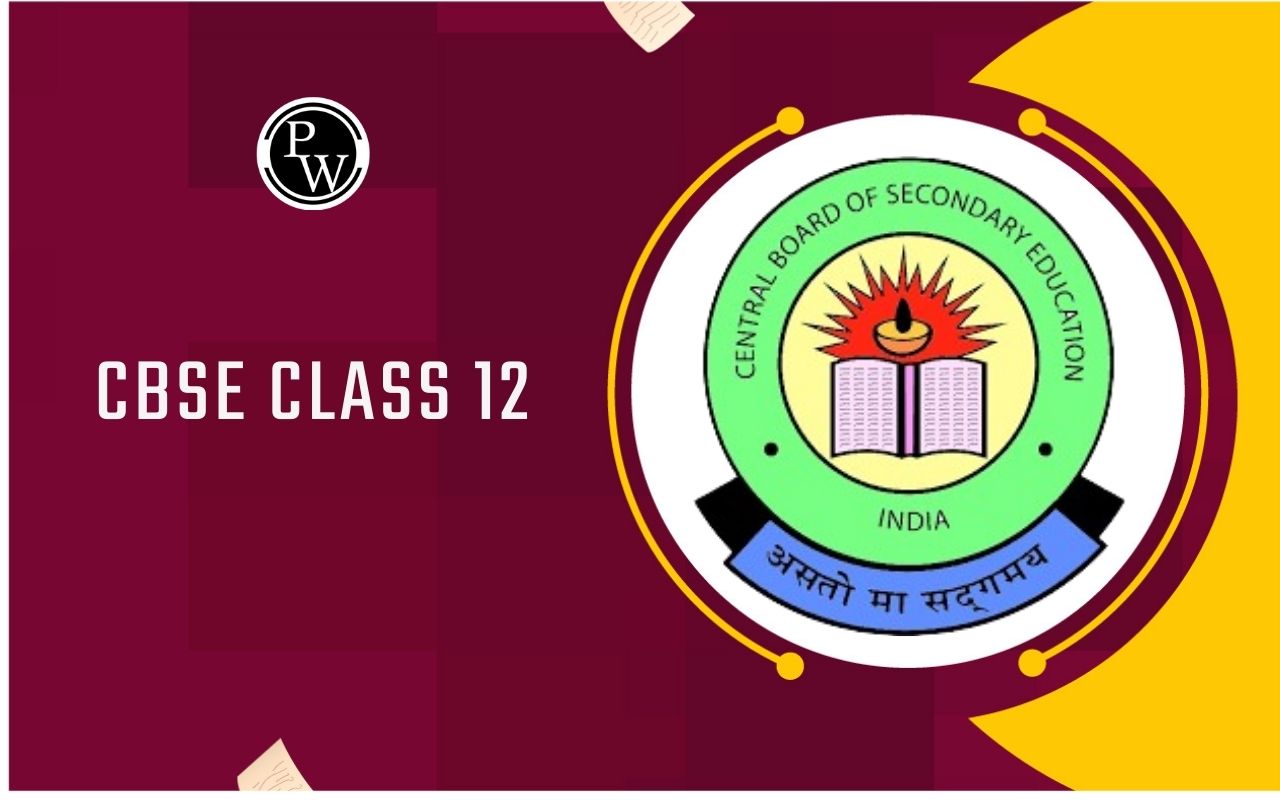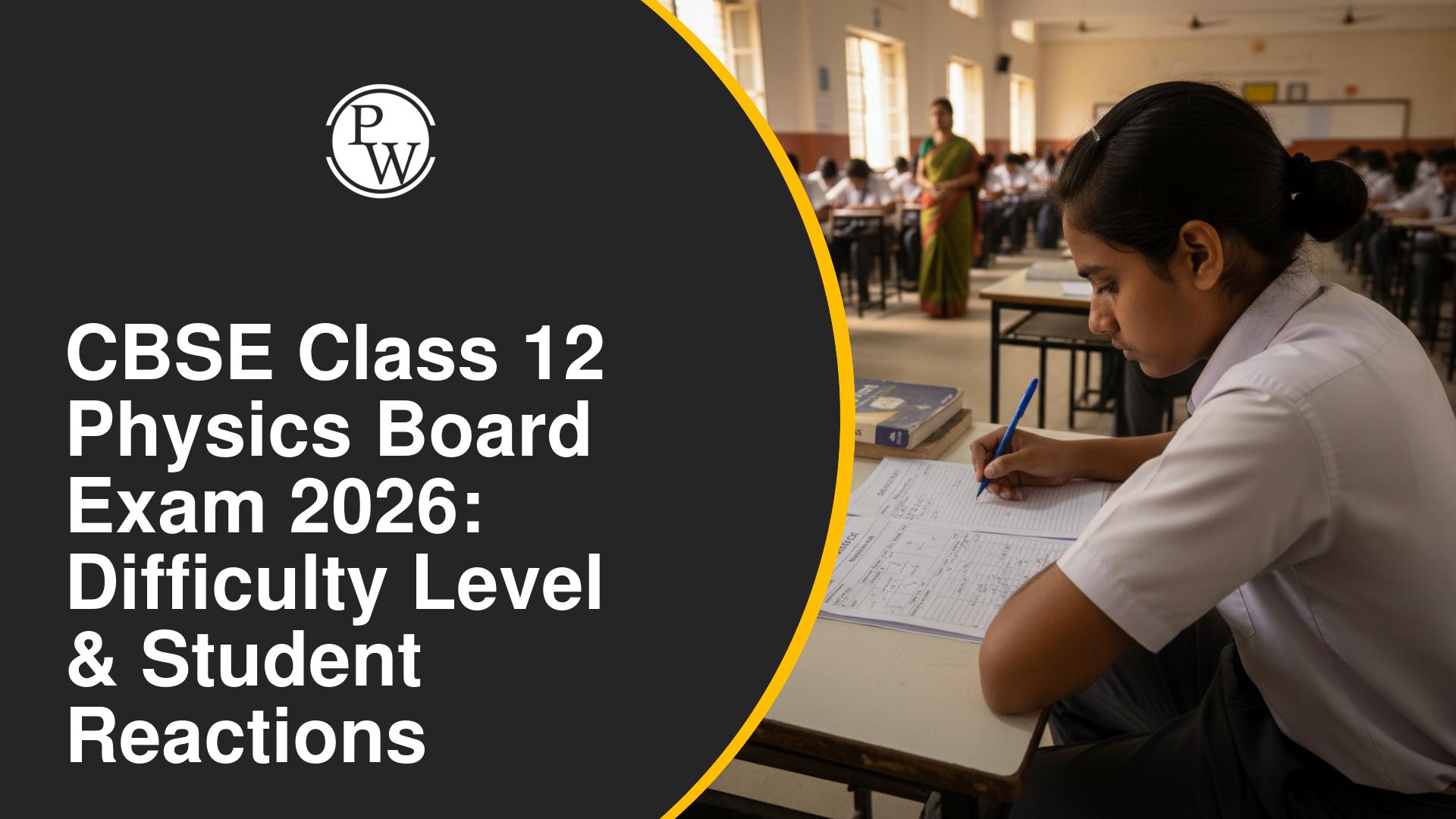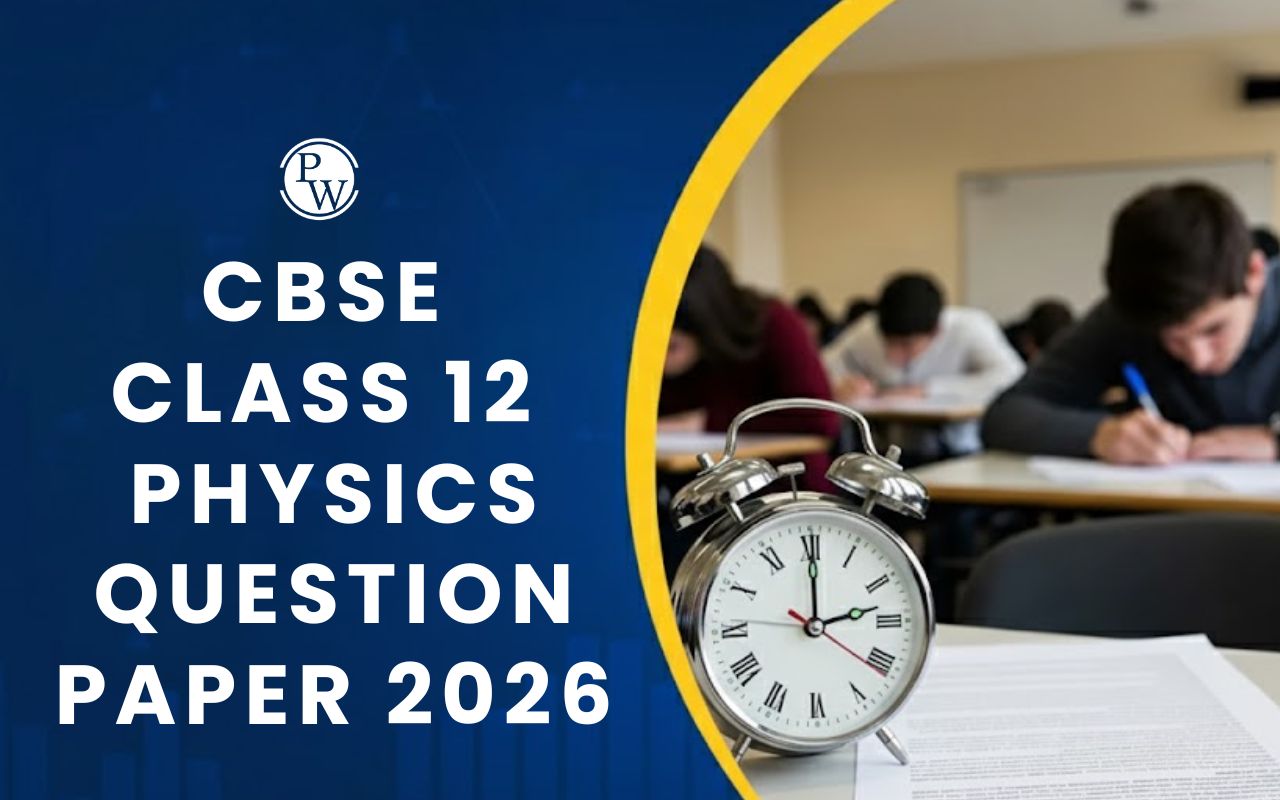
30 Day CBSE Class 12th Study Plan: A 30-day study plan for CBSE Class 12 board exams is important for students aiming to maximize their performance during this crucial period. The plan should focus on revising core subjects, practicing past papers and strengthening weak areas.
Dividing subjects into manageable portions, setting daily and weekly goals and incorporating regular breaks ensures that you stay focused and energized. Prioritizing high-weightage topics, revising important concepts and solving sample papers regularly will sharpen exam readiness. A balanced approach, combining intense study sessions with proper rest can help boost confidence and set you up for success in the CBSE Class 12 board exams.Why Create a CBSE Class 12th Study Plan?
Creating a CBSE Class 12th study plan is important for students to achieve academic success in their board exams. With a vast syllabus to cover a well-organized study plan helps streamline preparation, making it more efficient and manageable. Here are key reasons why a study plan is crucial:Comprehensive Syllabus Coverage : It ensures systematic coverage of the entire syllabus, preventing students from missing important topics and concepts.
Effective Time Management : A study plan helps allocate time wisely, balancing between subjects, revision and practice, while leaving room for rest and extracurricular activities.
Consistent Revision and Practice : By setting time for regular revision and solving sample papers, students strengthen their understanding and gain familiarity with the exam pattern.
Stress Management : Breaking study sessions into smaller, manageable tasks reduces pressure, lowers stress, and prevents burnout during intense preparation.
Goal Setting and Motivation : A clear plan helps set achievable milestones, keeping students motivated and focused on their final goal of scoring well in the exams.
CBSE Class 12 Physics Competency Based Question Bank
CBSE 12th 30 Days or 1 Month Study Plan for Upcoming Board Exam 2025
CBSE Class 12 Exam 2025: Study Schedule, Time Table
30 Day CBSE Class 12th Study Plan FAQs
Why is a 30-day study plan important for CBSE Class 12th?
Can I study for 12th boards in 1 month?
How many hours should I study in class 12 CBSE?
Is 2 months enough for CBSE Class 12?









